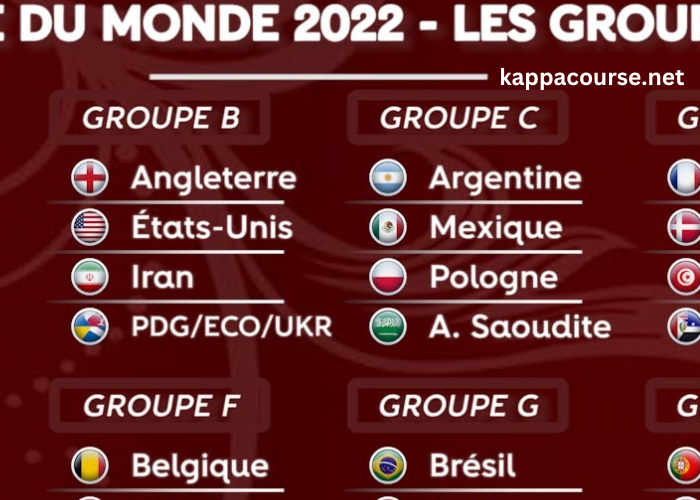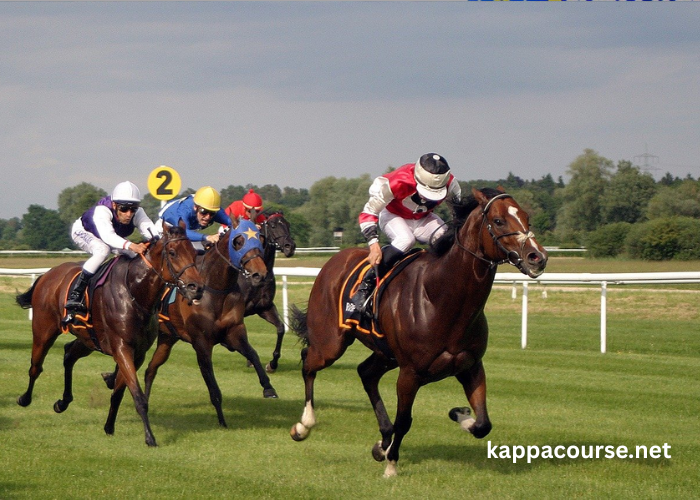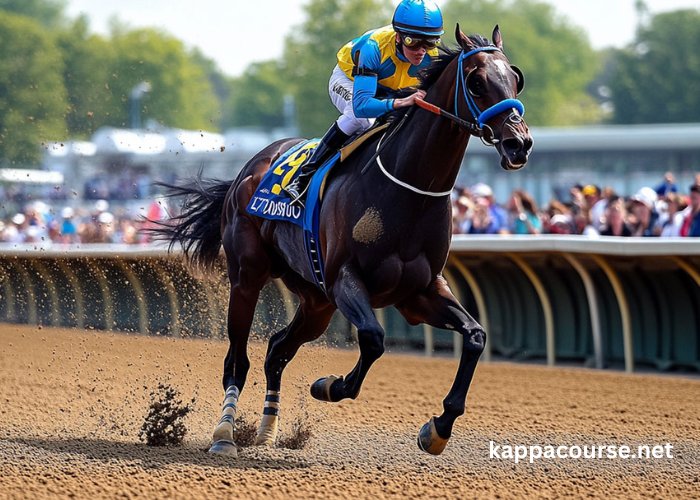The 2022 FIFA World Cup, held in Qatar, was a landmark event in international football, featuring 32 teams competing for the prestigious title. The tournament was notable not only for its thrilling matches and high level of competition but also for its unique scheduling and location. This article provides an in-depth look at the complete programme of the 2022 World Cup, covering the key fixtures, stages of the tournament, and significant highlights.
Overview of the 2022 World Cup
The 2022 World Cup was the first to be held in November and December, deviating from the traditional June-July timeframe due to Qatar’s extreme summer heat. This scheduling adjustment was made to ensure optimal playing conditions and comfort for players and spectators alike. The tournament featured a total of 64 matches played across eight stadiums in five host cities: Al-Daayen, Al-Khor, Al-Rayyan, Al-Wakrah, and Doha.
The event kicked off on November 20, 2022, with the opening match and concluded with the final on December 18, 2022. This scheduling allowed the tournament to align with the cooler winter months, providing a more favorable environment for the players and fans.
Key Phases of the Tournament
Group Stage: The group stage was the initial phase of the tournament, where 32 teams were divided into eight groups of four. Each team played three matches within their group, with the top two teams from each group advancing to the knockout stage. The group stage matches were held from November 20 to December 2, 2022. This phase was crucial for setting the stage for the subsequent knockout rounds, as teams competed fiercely to secure their spots in the next stage.
Knockout Stage: Following the group stage, the tournament moved into the knockout phase, which began on December 3, 2022. The knockout stage featured a series of elimination matches, starting with the Round of 16. Teams that advanced from this round moved on to the Quarter-finals, followed by the Semi-finals. Each match in this stage was a do-or-die affair, with the winning team progressing to the next round while the losing team was eliminated from the tournament.
Final and Third Place Playoff: The climax of the tournament was the final, held on December 18, 2022, at the Lusail Iconic Stadium in Lusail. The final was the culmination of a month of intense football action, determining the champion of the 2022 World Cup. Additionally, a Third Place Playoff took place on December 17, 2022, to determine the team finishing in third place. This match provided a final opportunity for teams to showcase their skills and secure a respectable finish.
Notable Fixtures and Highlights
Opening Match: The opening match of the 2022 World Cup was held on November 20, 2022, featuring Qatar against Ecuador. This inaugural game set the tone for the tournament and marked the beginning of a month-long celebration of football.
Group Stage Highlights: The group stage featured several memorable moments, including standout performances by various teams and individual players. Notable matches included the high-scoring games and surprising upsets that added excitement to the early phase of the tournament.
Knockout Stage Thrills: The knockout stage delivered some of the most dramatic and exhilarating football action. Key fixtures included intense Round of 16 clashes, thrilling Quarter-finals, and unforgettable Semi-final encounters. These matches were characterized by high stakes, exceptional skill, and moments of brilliance from players and teams.
Final Match: The final match of the 2022 World Cup was a highly anticipated event, with millions of fans around the world tuning in to witness the culmination of the tournament. The final showcased top-level football and determined the ultimate champion of the World Cup. The Lusail Iconic Stadium provided a spectacular backdrop for this historic match.
Third Place Playoff: The Third Place Playoff was a noteworthy fixture, offering a chance for the teams finishing just short of the final to compete for a place on the podium. This match highlighted the competitive spirit and skill of the teams involved, providing a fitting conclusion to their World Cup journey.
Impact and Legacy of the 2022 World Cup
The 2022 World Cup had a significant impact both on and off the field. The tournament was praised for its organizational efficiency, innovative stadium designs, and the ability to bring people from around the globe together for a shared passion for football.
Cultural Impact: Hosting the World Cup in Qatar highlighted the country’s growing influence in international sports and provided an opportunity to showcase its culture and hospitality. The tournament fostered cultural exchange and brought attention to Qatar’s unique heritage.
Economic Impact: The World Cup had a substantial economic impact on Qatar, with increased tourism, investment in infrastructure, and global media exposure. The tournament provided a boost to the local economy and created numerous job opportunities.
Football Development: The tournament contributed to the development of football in the region, inspiring young players and promoting the sport at various levels. The legacy of the World Cup is likely to have a lasting effect on football development in Qatar and the surrounding areas.
Fan Experience: The World Cup provided an exceptional experience for fans, with state-of-the-art stadiums, diverse cultural events, and the chance to witness world-class football. The tournament’s innovative scheduling and modern facilities enhanced the overall fan experience.
Conclusion
The 2022 FIFA World Cup was a landmark event that captured the attention of football fans worldwide. From its unique scheduling and exciting fixtures to its impact on the host country and the global football community, the tournament left a lasting legacy. The comprehensive programme of the World Cup, encompassing the group stage, knockout rounds, and final matches, showcased the best of international football and provided unforgettable moments for fans and players alike. As the world reflects on the achievements of the 2022 World Cup, the tournament’s success highlights the enduring appeal of football and its power to unite people across cultures and borders.



